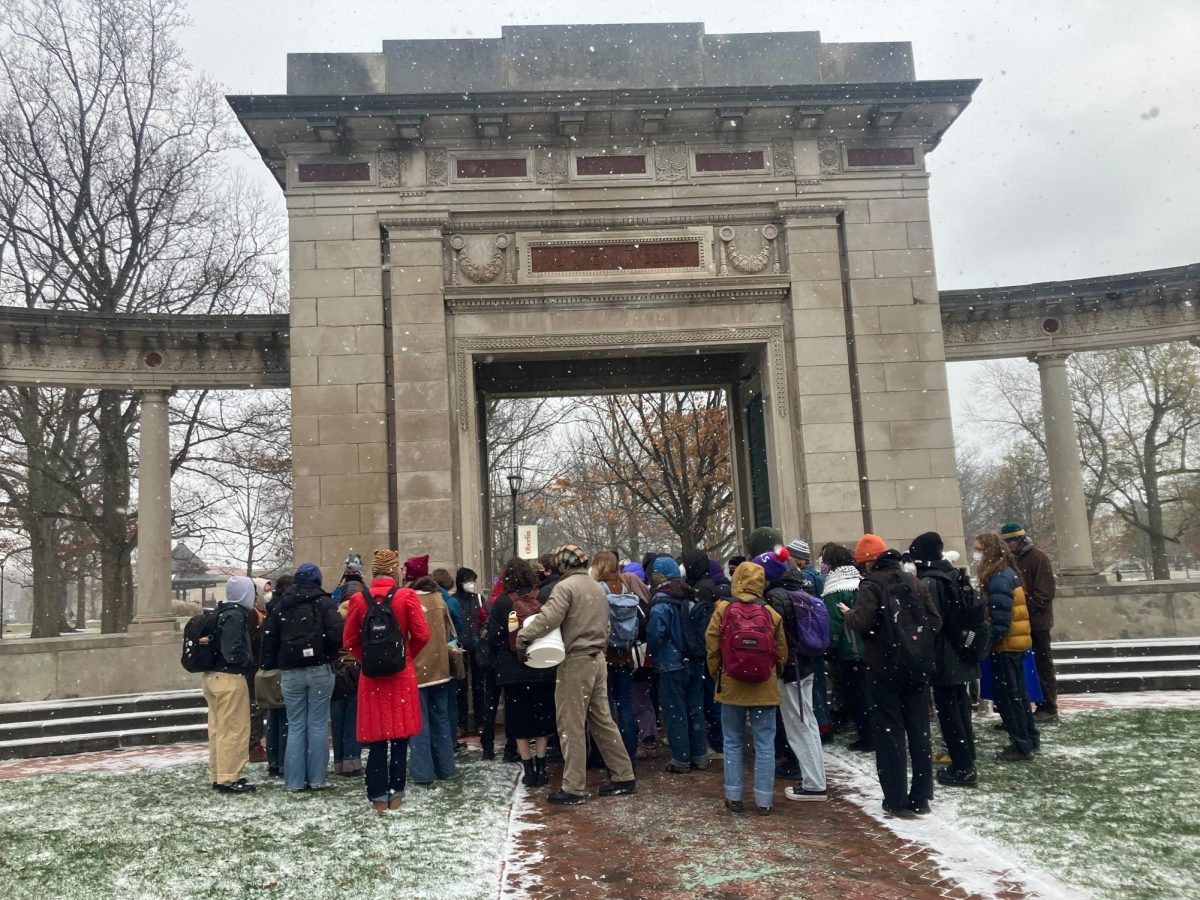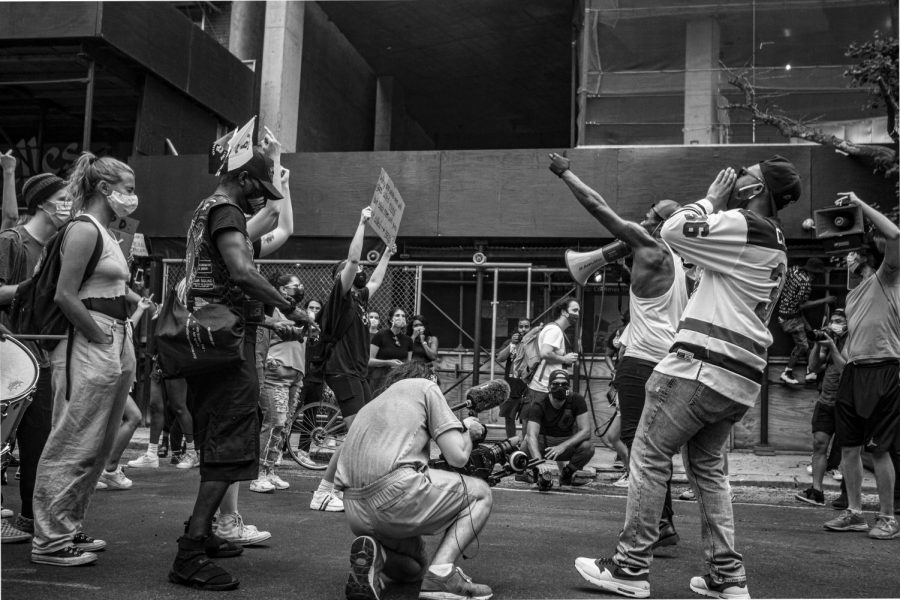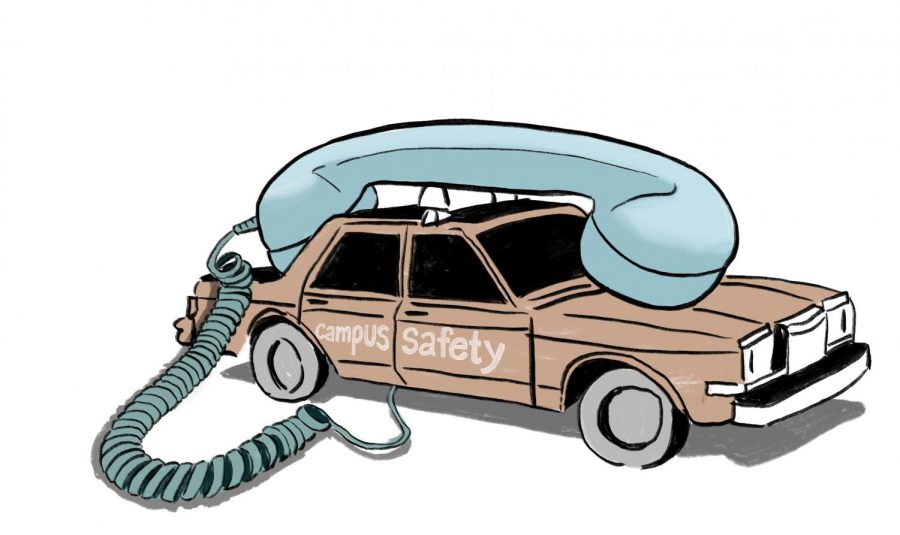Dear President Ambar, Vice President Lahey, and the Board of Trustees,
Every day, survivors at Oberlin face a serious threat to an equitable education: the Office for Institutional Equity.
After experiencing sexual harm, we are forced to sit in the same classrooms as our perpetrators, avoid dining halls, and ultimately fall behind on our schoolwork. We stay awake at night to avoid the flashbacks that come with sleep. We flinch at the sight of peers who vaguely resemble our abusers. Not only has our bodily autonomy been stolen from us, our institution hasn’t done enough to protect us.
As the leaders of our institution, we need you to know that our community does not feel safe seeking help, or confident in Oberlin’s ability to mitigate sexual harm. Students reported several devastating experiences throughout the Title IX coordinator’s eight-year tenure, including:
Placing a victim and perpetrator in the same residence hall amid an active Title IX investigation and no-contact order;
Publicly sharing the identities of students involved in Title IX cases;
Re-writing a student’s adaptive resolution demands to accommodate a perpetrator;
Refusing to answer emails for weeks on end until persistently contacted by a student’s attorney.
These reports, along with many others, are included in our complaints with the Office for Civil Rights in the U.S. Department of Education. We maintain that the College fosters a culture of sex discrimination that inadequately addresses sexual misconduct and disproportionately affects women and gender minorities. The deficient response of Oberlin’s administrators and the insufficient prevention and mitigation of sexual harm create an environment that is not conducive to equitable learning opportunities.
Let us be clear: this is not breaking news. This is a burden that your students have shouldered for almost a decade, throughout Rebecca Mosely’s tenure at the Office for Institutional Equity.
Speaking out against sexual harm is already such a stigmatized, polarizing experience. For survivors of color and international students, fear of experiencing racism or xenophobia or jeopardizing legal status makes seeking justice through Title IX an even less viable option. All we ask is that Oberlin College not make the aftermath of sexual harm harder than it already is. We are asking you to work with us, in the name of our institution’s progressive legacy, to protect Oberlin students’ present and future.
We demand that Oberlin:
Hire two additional Title IX coordinators to streamline the resolution process for sexual misconduct cases, appropriately accounting for students’ rights to fair and speedy resolution;
Establish an institutional equity student advisory board that participates in revising College Title IX policy and routinely discusses campus violence trends and preventative efforts, in collaboration and transparency with the Office for Institutional Equity;
Mandate consent education workshops for every class, not just in the first and third years, and give student workers ample resources to do so.
On your website, you assert that “Oberlin is dedicated to recruiting a culturally, economically, geographically, and racially diverse group of students.” We hope you can retain them by fostering an environment where they are actually safe to learn, free of sexualized violence.
Mary Ann Montgomery, OC ’26
Sydney Epstein, OC ’26
Ana Howard, OC ’26
Fi Goldman, OC ’26
Ruby Saloom, OC ’27
Complete list of signatories at oberlinreview.org








